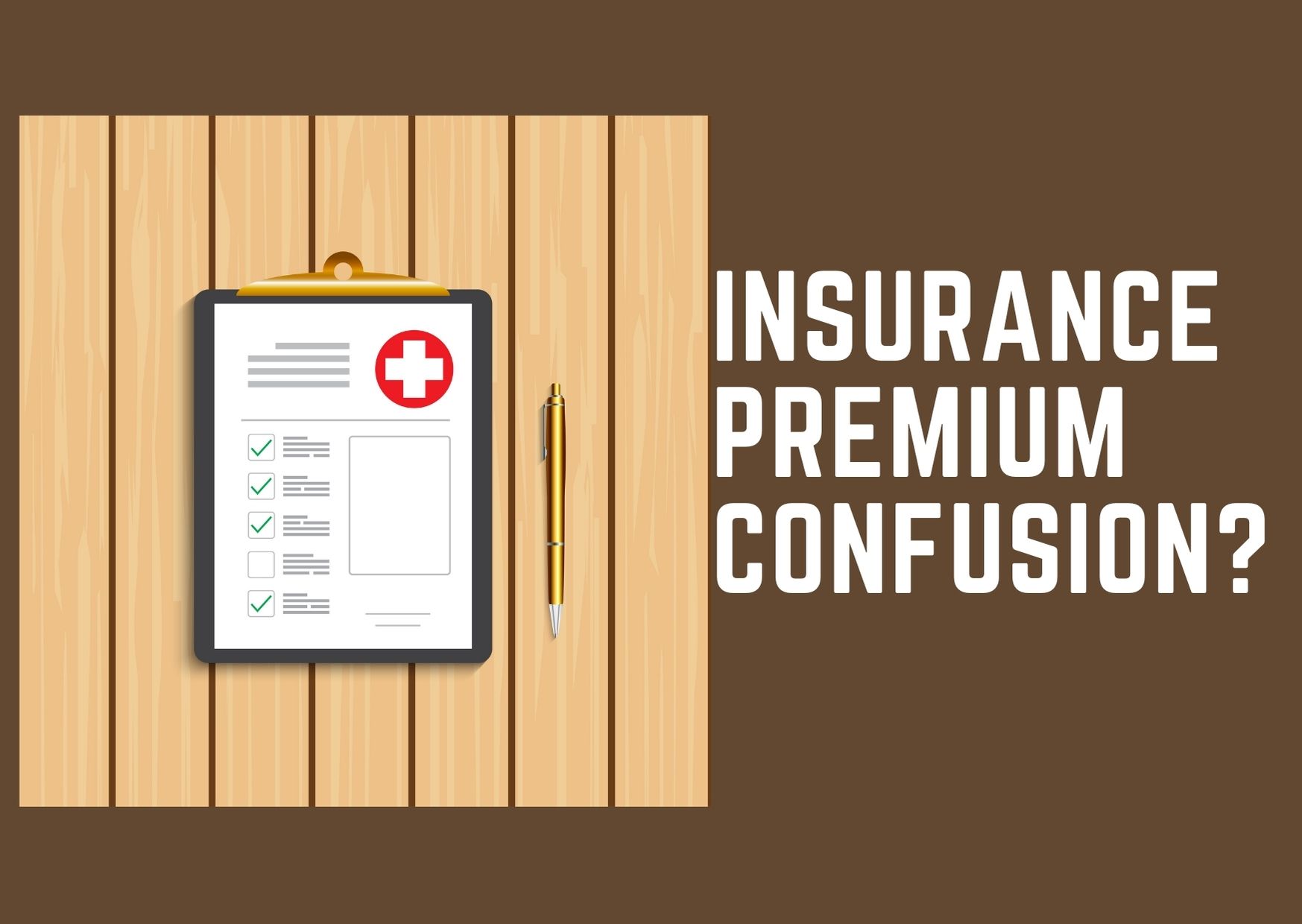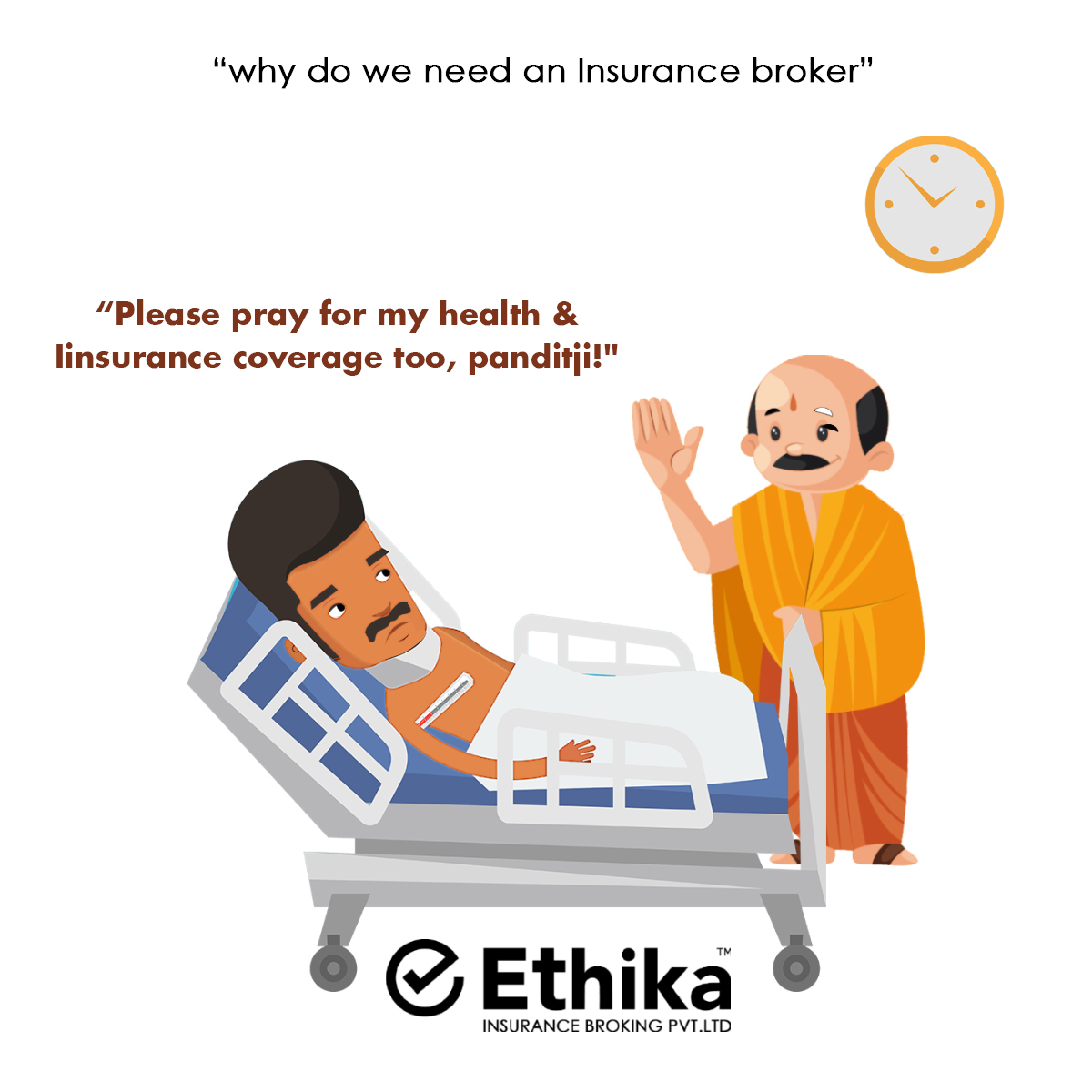
With rising health risks from lifestyle choices, threats of pandemics, and rising costs of medical care, it’s more important than ever to have full health insurance coverage.
The personal health insurance premium is the amount paid by a policyholder to the health insurance provider to avail of medical coverage and the benefits associated with a health insurance policy.
People have become increasingly apprehensive about the different policies available in the market. Along with the premium cost, some other charges are paid by a policyholder, such as deductibles, co-payments, etc.
When these charges are added to your premium, it can increase the cost of your overall health coverage premium.
Recommended Post:
- How to Choose Best Health Insurance Policy in India?
- What are the Benefits of Super Top Up Health Insurance Plan?
On the Indian market, premium prices are very competitive, and some policies have costs that are shockingly low. Slashed costs cannot ensure health insurance that effectively provides the insurance you might need in the future.
The looming question remains, how can you make your personal health insurance premiums affordable? There are a few ways in which you can lower your premium.

What’s on this page?
Here are a few methods you can apply to make personal health Insurance affordable:
Start early
Buying a policy when you are young can lower your premium cost. Insurance providers consider your age and medical history while calculating premiums. It is difficult to obtain health insurance of your choice as you get older because policies take into account age-related diseases such as diabetes and heart problems.
If you are on a budget, you can start with a medical insurance policy with relatively lower coverage and increase the sum assured when it is financially viable for you.
Choose the right sum assured
The sum assured is the maximum amount of medical expenses that a health insurance policy covers in one year. When selecting a policy, it is essential to select the accurate sum assured. It might seem prudent to go for a larger sum but that will cost you a higher premium.
It is also important to note that if your sum assured is too low then you might end up paying much of your medical costs by yourself. Hence, you must carefully select the sum assured while buying a policy.
Higher deductible or Co-payment
A deductible is an amount you pay for insurance before the health coverage starts. If you choose a higher deductible, you can help reduce your premium by a significant amount. There are two types of deductibles – voluntary and mandatory.
While the mandatory deductible is decided by the policymakers, you can choose a higher amount for the voluntary component and reduce the cost of your premium. However, be careful while choosing to pay a higher deductible as you will have to pay the amount out of your pocket before the insurance cover starts.
You can also opt for a co-payment. The term “co-payment” refers to the fixed portion, amount, or percentage of your medical expenses that you have to pay while the rest is covered by your insurance policy during claim settlement.
A higher co-payment option ensures a lower premium cost. Since higher co-payment would mean that you would have to pay a larger share of the medical cost, it has to be chosen with careful consideration.
Multi-year premium payment
Insurance policies typically have annual premium payment terms. But some good health insurance plans provide the option of choosing multi-year premium payments. You can get discounted health insurance premiums if you choose to pay the premiums for two or more years at once.
This removes the need to monitor premium payments scheduled every year.
Top-ups and super top-ups
Having adequate coverage is important due to the constantly rising medical costs. If you choose a high coverage policy, you will end up paying a higher premium for it. To not have all your eggs in one basket, it is safer to split the health insurance.
You can opt to buy a top-up plan along with your original health coverage which is much cheaper than buying a new insurance plan. A top-up comes into effect when the base sum assured is exhausted.
In some cases, a super top-up plan is a better option than a top-up policy. A super top-up plan covers those medical expenses that exceed the limit of your already existing health insurance coverage, but it will not be limited to a single illness like a top-up plan.
This might be more expensive compared to a top-up plan, however, it reduces your overall premium cost and provides more extensive coverage.
Family floater plans
With this plan, the sum assured of the whole family can be utilized to cover the treatment cost of a single individual if need be.
Once two or more people are covered under the same plan, the cost of health coverage for an individual gets reduced and they come under an umbrella coverage of a floater plan. This is one of the biggest benefits of a family floater plan.
With family floater plans, the cost of the policy can be up to 20% lower than that of individual health insurance plans.
Use no-claims bonus
Most insurance companies offer a no-claims bonus to insurance buyers who do not file a claim in the previous year. The bonus works as an incentive to discourage excessive insurance claims by the customer.
The no-claims bonus can help you get additional coverage along with your insurance. In this case, you can prevent an increase in your premium. Do remember to check whether the insurance policy includes a no-claims benefit before buying it.
Buy policies online on Ethika
While buying a health insurance plan you might face a barrage of suggestions on the best available insurance plans by agents and branch managers. It is essential to know the different plans available in the market from an unbiased source.
On Ethika.co.in you can access ideal products for your requirements.